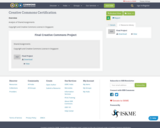This course looks at the responsibilities of legal professionals (mainly lawyers) to defend their clients and to preserve the integrity of the justice system. While the course is mainly based on rules applicable to attorneys, non-attorney legal professionals who work with attorneys are also indirectly bound by them, as non-attorney misfeasance can bring severe consequences for supervising attorneys and organizations.
This is a beginner-level course and no prior knowledge of law or legal ethics is required.
The course starts with a discussion of admission to practice law. Module 1 covers the requirements for becoming a lawyer, including law school and the bar exam. We’ll also cover the consequences of attorney misconduct and the agencies who are in charge of enforcing the attorney ethics rules. We will also focus heavily on the unauthorized practice of law rules, which are relevant to non-attorneys and to attorneys licensed in other states.
In Module 2, we’ll start on the attorney-client relationship. We’ll discuss the duties owed to the client, including the duties of diligence, loyalty and competence. We will look at who the “client” is in the context of a corporate representation. We’ll then focus on which decisions the client makes in a representation and which decisions the lawyer makes. Finally, we’ll cover the duty of confidentiality and the related attorney-client privilege and work-product doctrines.
Module 3 turns to the duties owed to others, including the court, opposing counsel and even to other parties. We’ll discuss the duty of candor to the court and the prohibition against ex parte communications with the judge. In discussing communications with third parties, we’ll distinguish between represented and unrepresented parties and discuss the steps that must be taken to avoid giving off the wrong impression about the attorney’s loyalty. We’ll also cover special responsibilities owed by prosecutors.
In Module 4, we’ll turn to the conflict of interest rules, which are components of the duty of loyalty. We will look at the different rules that apply to current client conflicts and former client conflicts. We’ll also cover conflicts of interest that come from other sources, such as business and family relationships.
In our final module, we’ll look at the business of lawyering. We’ll cover the rules of attorney’s fees and the limits thereon and the rules for client solicitations and advertising. We’ll also look at the problems of fee-splitting and partnerships with other lawyers and with non-lawyers.
This course should give you a solid foundation in the rules of legal ethics and we hope you’ll also take advantage of our other law-based courses.
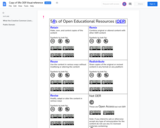
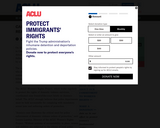


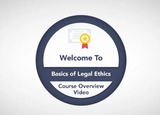

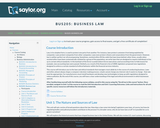
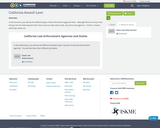
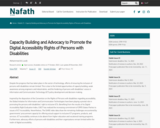

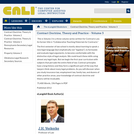

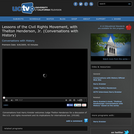



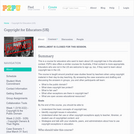
![Copyright History [learning module]](https://img.oercommons.org/160x134/oercommons/media/upload/materials/screenshots/materials-course-277206.png)

